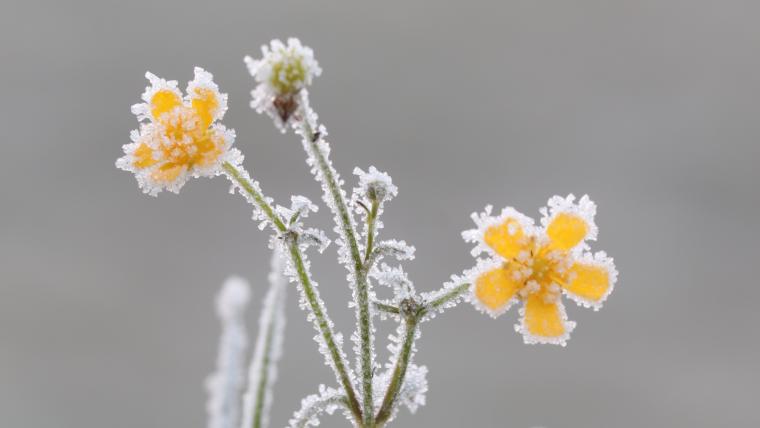
In a nutshell
The “false spring” of 2012 was the earliest in an over 100-year record, and resulted in large-scale agricultural losses. The short, warm winter leading up to that spring prompted plants to leaf out early, and the late-season freeze that followed resulted in widespread tissue damage to crops.
To find out if these types of springs will become more common in the future, researchers from University of California, Irvine, Cornell University and the University of Twente in the Netherlands used new climate change simulation models to distinguish natural climate variability from longer-term trends. These models included the Extended Spring Indices, which were created with phenology data hosted in the USA-NPN National Phenology Database, to simulate historical and future false springs. They found that by mid-century, we could see springs like that of 2012 as often as one out of every three years. They also found last freeze dates may not change at the same rate, resulting in more large-scale tissue damage and agricultural losses.
What is special about this study?
The new ensemble of climate models used by the authors allowed them to tease apart year-to-year climate fluctuations from underlying trends to make predictions about the future frequency of early springs and late-freeze events. These models may improve our ability to predict climate farther out into the future than was possible in the past, from seasonal to decadal time scales.
What does this mean for YOU?
The spring of 2012 resulted in major agricultural damage in the Midwest and Northeast, with losses of $500 million in Michigan alone. Without a major reduction in greenhouse gas emissions, these events would become more common in the future. Aside from the large-scale damages to the environment, this means food will likely be harder to access, and more expensive to put on your table.
Citation: Labe, Z., Ault, T., Zurita-Milla, R. 2016 Identifying anomalously early spring onsets in the CESM large ensemble project. Climate Dynamics. doi:10.1007/s00382-016-3313-2.